The world of television is evolving rapidly, with Internet Protocol Television (IPTV) leading the charge. This modern approach to broadcasting leverages the power of the internet to deliver content directly to viewers, breaking away from traditional methods like cable and satellite. As the IPTV market continues to grow, it’s essential to understand what IPTV is, how it works, its benefits, challenges, and future potential.
Internet Protocol Television (IPTV) delivers TV content over the internet instead of traditional cable or satellite. It allows users to watch live TV, movies, and shows on various devices like smart TVs, computers, and smartphones, offering flexibility and interactive features like pause and rewind.
Unlock a world of limitless entertainment with Internet Protocol Television (IPTV) – watch your favorite shows anytime, anywhere!
What is IPTV (Internet Protocol Television)!
IPTV represents Web Convention TV, a framework where TV administrations are conveyed utilizing the web convention suite over a parcel exchanged organization like the web. In contrast to customary earthbound, satellite, and digital TV designs, IPTV offers the capacity to stream ceaselessly, considering more prominent adaptability and a more customized seeing experience.
How Does IPTV(Internet Protocol Television) Work!
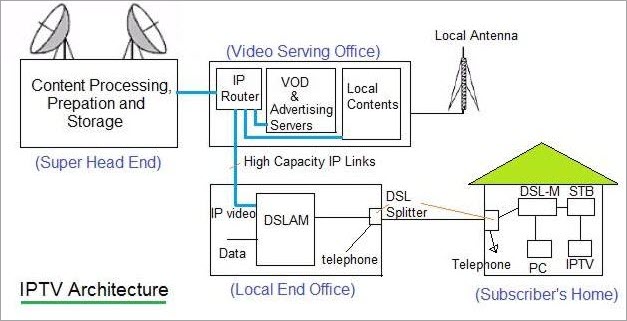
Technical Infrastructure:
IPTV(Internet Protocol Television) operates through a complex yet efficient technical infrastructure. The key components include:
- Content Source: The origin of the television content, which can be live broadcasts, pre-recorded shows, or video on demand.
- IPTV Headend: The point where the content is received, encoded, and encrypted before being sent over the internet.
- Content Delivery Network (CDN): A network of servers that distribute the IPTV content to various locations, ensuring minimal latency and buffering.
- End-User Device: The device used by the viewer to access IPTV services, such as a set-top box, smart TV, computer, or mobile device.
Content Delivery Process:
The process of delivering IPTV(Internet Protocol Television) content involves several steps:
- Content Acquisition: Content is acquired from various sources, including TV channels, online streaming services, and media libraries.
- Encoding and Transcoding: The acquired content is encoded into digital format and transcoded to ensure compatibility with different devices and internet speeds.
- Content Distribution: The encoded content is distributed via a CDN to ensure efficient delivery and reduce latency.
- Content Reception: The end-user device receives the content, decodes it, and displays it for the viewer.
IPTV Protocols and Standards:
IPTV relies on several protocols and standards to ensure smooth delivery and playback of content. Key protocols include:
- Internet Group Management Protocol (IGMP): Used for live television broadcasting, allowing efficient management of multicast streams.
- Real-Time Streaming Protocol (RTSP): Facilitates the real-time delivery of streaming content.
- Hypertext Transfer Protocol (HTTP): Used for delivering video on demand (VOD) content.
- Real-Time Transport Protocol (RTP): Ensures the end-to-end delivery of audio and video over IP networks.
Who is IPTV(Internet Protocol Television) For!
IPTV caters to a diverse audience, making it suitable for various types of viewers:
- Sports Enthusiasts: Offers live streaming of sports events worldwide.
- International Viewers: Provides access to global content.
- Families: Allows multi-device access for different family members.
- Movie Fans: Convenient for watching movies on-demand.
- Tech-Savvy Individuals: Appeals to those who enjoy advanced technology and features.
Types of IPTV(Internet Protocol Television) Formats!
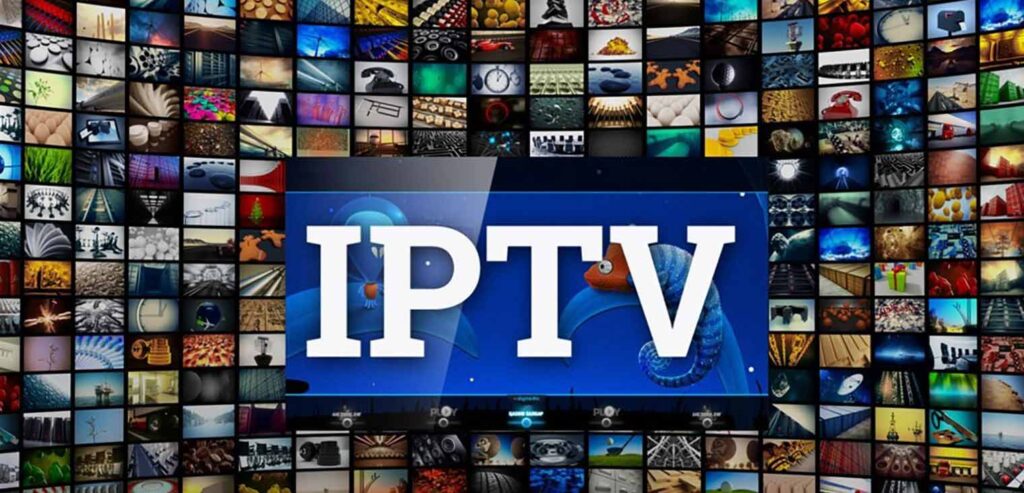
IPTV(Internet Protocol Television) content is delivered in several formats, each offering unique viewing experiences:
Live TV:
Live television on IPTV(Internet Protocol Television) mirrors customary transmission TV, permitting clients to watch programs as they air. This is especially famous for games, news communicates, and live shows. Instances of IPTV administrations offering live television incorporate Hulu Live television, Sling television, and CBS Sports HQ.
Video on Demand (VOD):
VOD administrations let clients watch films and Network programs whenever it might suit them. Rather than following a transmission plan, watchers can choose from a library of content. Well known VOD administrations incorporate Netflix, Amazon Prime Video, and Hulu.
Time-Shifted TV:
Time-moved television permits clients to observe recently communicated shows sometime in the future. This is like DVR benefits however got to through the web. Models incorporate BBC’s iPlayer and Hulu’s make up for lost time television administrations.
IPTV Boxes and Devices!
An IPTV(Internet Protocol Television) box, or set-top box, is a device that translates IP signals into a format that TVs can display. There are several ways of interfacing an IPTV box to a television:
- HDMI Cable: Provides high-quality video and audio.
- AV Cables: An older method, offering lower quality than HDMI.
- Wi-Fi: Allows wireless connection, ideal for homes without extensive cabling.
Modern smart TVs often come with built-in support for IPTV, eliminating the need for a separate box. Devices like Apple TV, Roku, and Amazon Fire TV also support IPTV(Internet Protocol Television) services.
IPTV(Internet Protocol Television) Devices and Technologies!
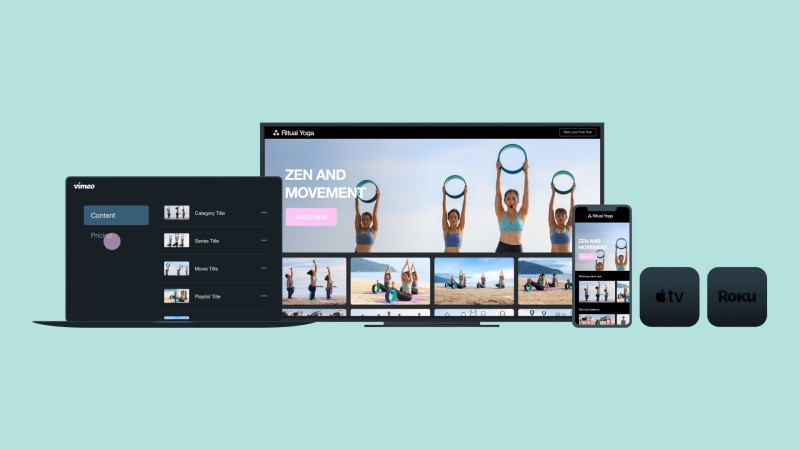
IPTV Set-Top Boxes:
Set-top boxes are gadgets that interface with a TV and unravel IPTV(Internet Protocol Television) signals, permitting watchers to get to IPTV(Internet Protocol Television) administrations on their Televisions.
These cases frequently accompany controllers and give elements, for example, channel guides, recording capacities, and admittance to different applications.
Smart TVs:
Brilliant televisions have underlying IPTV(Internet Protocol Television) capacities, dispensing with the requirement for outside set-top boxes.
These televisions interface with the web and proposition a scope of applications and administrations, including streaming stages and IPTV(Internet Protocol Television) suppliers.
Mobile Devices and Applications:
IPTV(Internet Protocol Television) administrations can be gotten to on cell phones and tablets through devoted applications. These applications give a convenient and adaptable method for watching IPTV content, permitting clients to stream in a hurry.
Hybrid IPTV!
Crossover IPTV(Internet Protocol Television) joins customary television broadcasting with IPTV administrations, offering a more dependable and reliable survey insight.
This approach permits suppliers to convey content over customary link or satellite while coordinating web based administrations. A momentary arrangement furnishes clients with the best case scenario.
Advantages of IPTV!
IPTV offers numerous benefits over traditional television formats:
Flexibility:
Clients can watch content on different gadgets, including cell phones, tablets, and PCs, notwithstanding their Televisions. This multi-gadget support offers phenomenal adaptability.
On-Demand Viewing:
IPTV’s VOD administrations permit watchers to watch their number one shows and films at whatever point they need, without being attached to a transmission plan.
High-Quality Content:
IPTV(Internet Protocol Television) can convey top quality (HD) and 4K substance, giving a better review experience looked at than standard-definition communicates.
Interactive Features:
IPTV(Internet Protocol Television) benefits frequently incorporate intelligent highlights, for example, stopping live television, recording shows, and customized suggestions in light of review propensities.
Challenges and Considerations!
While IPTV has many advantages, it also faces several challenges:
Network Dependence:
IPTV(Internet Protocol Television) requires a strong, fast web association with capability appropriately. In regions with unfortunate web framework, clients might encounter buffering and bad quality streams.
Piracy and Legal Issues:
The availability of pirated IPTV(Internet Protocol Television) services is a significant challenge. These services undermine legitimate providers and can expose users to legal risks.
Technical Compatibility:
Guaranteeing similarity across different gadgets can be complicated. Suppliers should guarantee their administrations work consistently on various stages, from brilliant televisions to cell phones.
Regulatory Concerns:
IPTV administrations should explore a complex administrative scene, conforming to intellectual property regulations, protection guidelines, and broadcasting rules, which can change by district.
The Future of IPTV!
The future of IPTV looks promising, driven by several key trends:
Increased Adoption:
As web speeds improve and more families get close enough to fast associations, IPTV(Internet Protocol Television) reception is supposed to rise. This will be additionally powered by the developing prominence of real time features.
Technological Advancements:
Progressions in innovation, for example, 5G, will upgrade the quality and dependability of IPTV administrations. This will empower suppliers to offer significantly higher goal content and more intelligent highlights.
Expansion of Content Libraries:
IPTV(Internet Protocol Television) suppliers are persistently growing their substance libraries, offering a more extensive scope of shows, films, and live occasions. This pattern will go on as suppliers contend to draw in and hold supporters.
Integration with Other Services:
IPTV services are likely to integrate more with other digital services, such as smart home systems and virtual assistants, providing a more interconnected and seamless user experience.
How does IPTV differ from traditional TV?
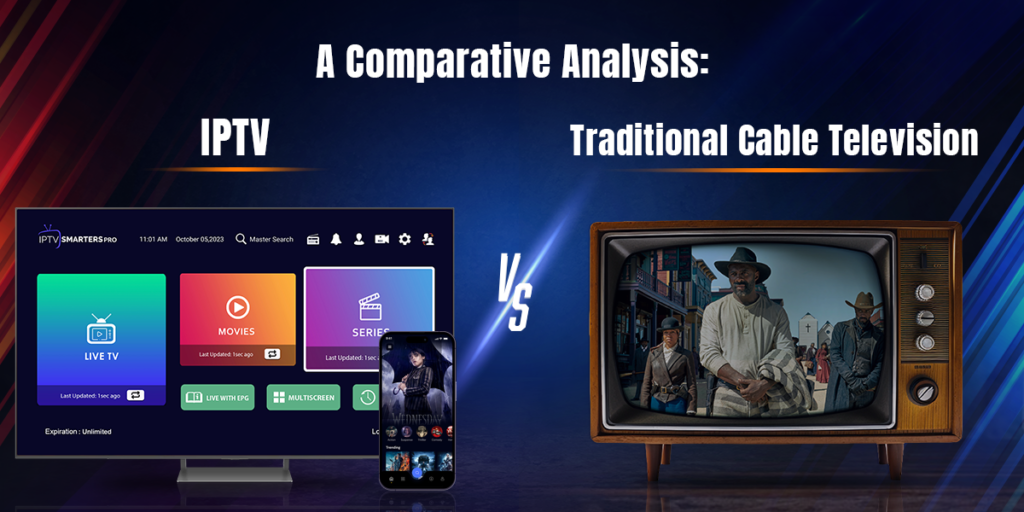
In contrast to conventional television that depends on satellite, link, or earthly signs, IPTV(Internet Protocol Television) utilizes web conventions to convey content.
This considers more intelligent and adaptable survey choices, like video on request, live television with stop and rewind capacities, and customized content suggestions.
What devices are compatible with IPTV?
IPTV can be gotten to on different gadgets, including set-top boxes, brilliant televisions, PCs, cell phones, tablets, and streaming media players like Roku, Apple television, and Amazon Fire television.
Is a high-speed internet connection necessary for IPTV?
Indeed, a steady and fast web association is critical for IPTV. The nature of the streaming experience relies altogether upon the speed and dependability of the web association.
By and large, a base speed of 10 Mbps is suggested for standard definition, while HD and 4K substance might require higher velocities.
Are there any legal concerns with using IPTV(Internet Protocol Television)?
IPTV(Internet Protocol Television) administrations presented by authentic suppliers are legitimate. Notwithstanding, there are numerous unapproved IPTV administrations that proposition pilfered content, which is unlawful. Clients ought to guarantee they are buying into authentic administrations to stay away from lawful issues.
Can IPTV(Internet Protocol Television) replace traditional cable or satellite TV?
For some clients, IPTV(Internet Protocol Television) can supplant customary link or satellite television because of its adaptability and extra highlights. In any case, it relies upon the accessibility of a dependable high velocity web association and the client’s particular survey inclinations.
How does 5G technology impact IPTV?
The coming of 5G innovation vows to upgrade the IPTV(Internet Protocol Television) experience by giving quicker information speeds, lower dormancy, and more solid associations.
This will empower smoother gushing of superior quality and 4K substance and backing more intelligent and vivid survey encounters.
What are some popular IPTV providers?
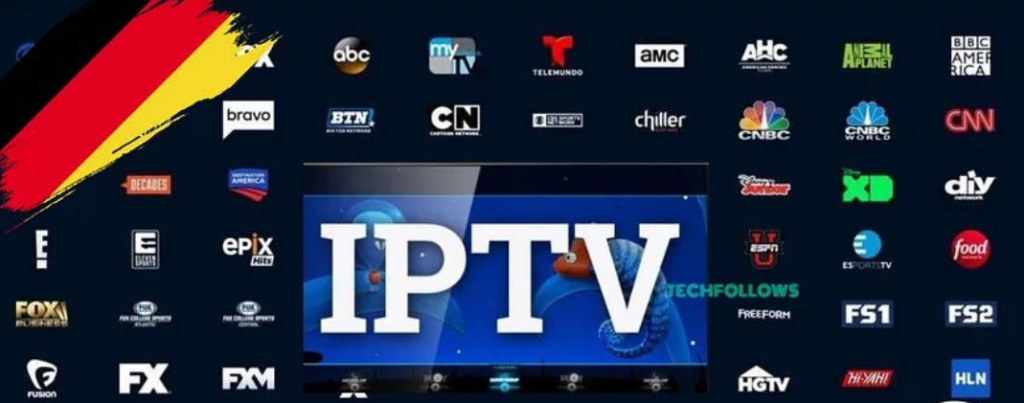
Some well known IPTV suppliers incorporate AT&T television, Verizon Fios, and BT television. These suppliers offer a scope of channels, on-request satisfied, and high level elements like cloud DVR and multi-screen seeing.
FAQS:
Is IPTV legal?
Yes, IPTV itself is legal. However, using unauthorized or pirated IPTV services to access copyrighted content without permission is illegal.
Do I want a unique gadget to utilize IPTV?
No, you don’t need a special device to use IPTV. You can watch it on a smart TV, computer, smartphone, or tablet. However, older TVs might require a set-top box.
Can I watch IPTV on multiple devices?
Yes, IPTV services typically allow viewing on multiple devices, including TVs, smartphones, tablets, and computers.
What kind of internet connection do I need for IPTV?
A high-speed internet connection is essential for IPTV to function properly. The exact speed required depends on the quality of the stream (e.g., SD, HD, 4K).
Are there free IPTV services available?
Yes, there are free IPTV services available, but they often come with limited content and lower quality. Some free services may also be illegal or unreliable, so it’s recommended to use reputable, paid IPTV providers for better quality and legality.
How does IPTV differ from traditional TV?
IPTV delivers content over the internet using the IP protocol, while traditional TV relies on terrestrial, satellite, or cable broadcasting. IPTV offers more flexibility and on-demand viewing options.
What is Hybrid IPTV?
Hybrid IPTV combines traditional TV broadcasting with internet-based IPTV services, offering a more reliable and consistent viewing experience through a single device.
Can I use a VPN with IPTV?
Using a VPN with IPTV is not mandatory but can provide added privacy and security, especially if accessing content from different regions.
What are the main challenges of IPTV?
Key challenges include network dependence, piracy, technical compatibility, and regulatory compliance.
What is the future outlook for IPTV?
The future of IPTV is promising, with expected growth driven by technological advancements, increased adoption, and expanding content libraries.
Conclusion:
IPTV allows users to watch live TV, movies, and shows on various devices, offering flexibility and interactive features. The technical infrastructure of IPTV involves content acquisition, encoding, distribution, and reception, using protocols like IGMP, RTSP, HTTP, and RTP.
Read more:
The Ultimate Entertainment Experience with Xtreme HD IPTV!
Best IPTV Services 2024 – Top Streaming Options for Unmatched Entertainment!
